After bargaining several times without the seller reducing the price of the kumquat tree, Manh Hung turned around and was suddenly stunned when he saw the seller holding a knife and chopping across the tree's roots.
The act of cutting down a tree and saying "I'd rather throw it away than be forced to pay a higher price" by a kumquat seller on Le Hong Phong Street, Ngo Quyen District, Hai Phong on Lunar New Year 2023 surprised Mr. Hung because it was the first time he saw it.
"In previous years, I was only rejected or scolded for stealing farmers' sweat and effort, but I have never seen anyone cut down and throw away trees like this," Hung said.
Explaining why he waited until the afternoon of the 30th of Tet to buy flowers and ornamental plants, Mr. Hung said that for the past few years his income has dropped to 7 million per month due to the impact of the pandemic, while he still has to pay for many other expenses.
The man said that before Tet, the price of a kumquat tree over one meter high ranged from 500,000 VND to several million VND, but by the 30th of Tet, the price was only about 100,000 VND. Even a bunch of gladiolus and lilies that used to sell for 250,000-300,000 VND had dropped to 10,000-30,000 VND.
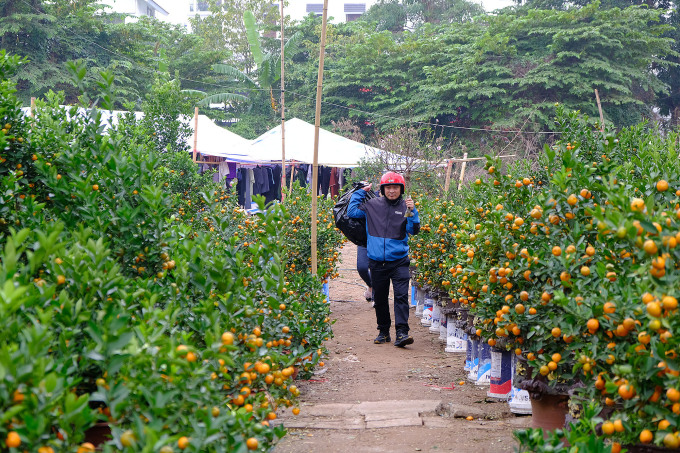
A man is choosing to buy a kumquat tree at a stall on Le Hong Phong Street, Ngo Quyen District, Hai Phong, on the afternoon of February 7. Photo: Quynh Nguyen
The habit of buying flowers and ornamental plants on the 30th of Tet has also been maintained by Ms. Tuyet Lan's family, in Cau Giay District, Hanoi for many years. The 45-year-old woman said that she did not intend to buy at a cheap price, but waited until the day before to choose a tree with a satisfactory shape and flowers blooming at the right time. Many years ago, she and her husband bought Nhat Tan peach branches on the 24th of December to display early, but by the 28th of Tet, the flowers had bloomed, and they had to pour ice to stop them from blooming.
"No one wants to display dry branches or wilted flowers on New Year's Day because they are afraid of bad luck, so I usually buy them close to the festival to be sure," Lan said. In addition, her whole family only gets a day off from the 29th, taking a day to clean the house and go shopping. Only on the 30th do they have time to leisurely walk around town and choose flowers together.
According to cultural expert Nguyen Anh Hong, former lecturer at the Academy of Journalism and Communication, the custom of buying plants and flowers to offer on the ancestral altar and to decorate the house has existed since ancient times. In the past, people believed that they had to buy plants and decorate their houses from the 23rd to the 27th or 28th of the lunar calendar. The remaining days were the time for family members to rest and prepare the New Year's Eve meal on the 30th of Tet.
"But today, there are still some people who intentionally wait until the 30th of Tet to buy at a cheap price. The rest are influenced by the crowd, seeing it as good, so they follow suit," said Ms. Hong.
Experts say that waiting to buy plants and decorations on the 30th of Tet is not advisable. Traditionally, the ancients believed that buying Tet items must be carefully selected, showing respect to grandparents and ancestors. In particular, shopping should be completed before making the year-end offering tray.
Ethically, the price gouging on the 30th of Tet also makes it difficult for farmers because the selling price is not enough to cover the cost of caring for the plants. In recent years, there have even been many cases of small traders in many localities cutting down trees and destroying unsold flowers because they feel that the products they have painstakingly cared for are being sold at a low price.
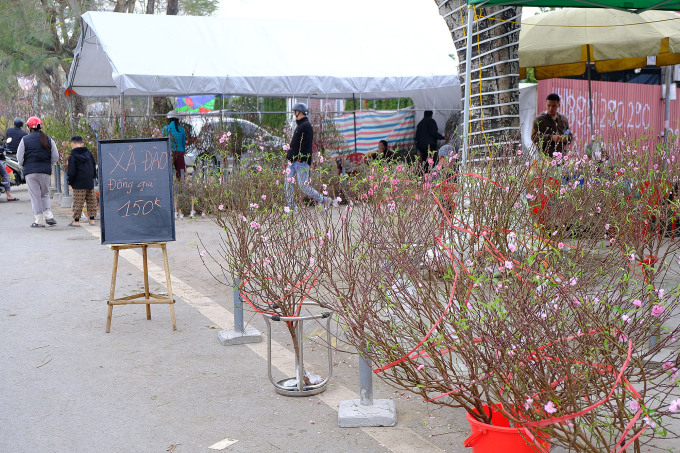
A stall on Le Hong Phong Street, Ngo Quyen District, Hai Phong announced "selling peach branches for 150,000 VND" on the afternoon of February 7. Photo: Quynh Nguyen
Mr. The Phong, 37 years old, a peach vendor for many years in An Duong district, Hai Phong, said he has been taking care of his peach garden all year round, hoping to make a profit at the end of the year to increase his family's income. The price of each peach branch he sells during Tet ranges from 150,000 to 500,000 VND.
"The biggest fear is being forced to sell at a lower price on the afternoon of the 30th of Tet. If there are few branches left, we can sell them at a lower price to return home, but if there are a few hundred branches and customers pay tens of thousands of dong, we will lose a lot. Not counting labor costs, there are still costs for fertilizer, pesticides, irrigation water... it's not like just leaving the tree in one place will automatically grow beautifully and bloom in season," said Mr. Phong.
This man also said that due to being forced to pay too much, for Tet 2023, he decided to bring a whole truckload of peaches home to use as firewood instead of selling them at a low price, to avoid setting a bad precedent next year.
However, Dr. Hoang Trung Hoc, Head of the Department of Educational Psychology, Academy of Educational Management, said that the psychology of buying goods on the 30th of Tet to enjoy good prices simply comes from the objective law of supply and demand, which is a normal human behavioral motive, focusing on personal interests. Accordingly, sellers always want to sell at high prices, while buyers want to pay the lowest amount.
"There should be no ethical issues between people. This is simply the law of the market, willing buyer and willing seller," said Mr. Hoc.
Experts say it is understandable that sellers feel frustrated when the value of goods does not meet, or even exceeds, expectations. However, under the operation of a market economy, sellers themselves cannot force customers to buy with their efforts. In case of dissatisfaction, they can refuse to sell.
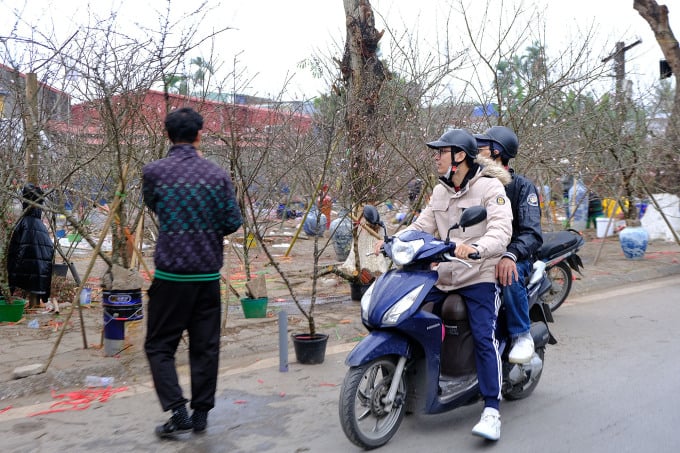
Two customers are bargaining for a peach blossom branch on Le Hong Phong Street, Ngo Quyen District, Hai Phong, on the afternoon of February 7. Photo: Quynh Nguyen
To avoid unnecessary conflicts and frustrations in business, Dr. Hoang Trung Hoc advises small traders to make appropriate calculations and carefully study market demand to reduce losses, instead of hoping that buyers will change their behavior.
In addition, cultural expert Nguyen Anh Hong advised sellers to offer reasonable prices and avoid asking too high prices, which would cause a lot of inventory and force them to sell at "big discounts".
"Although farmers know that buying and selling are fair, they work all year long just waiting for the Tet season. You can happily buy cheap goods but you don't know that the seller is waiting for the profit so that the whole family can have a late Tet shopping and pay for living expenses for the next year," said Ms. Hong.
As for Manh Hung, surveying the price of ornamental plants on the 28th of the Lunar New Year, Giap Thin, he said he would still wait until the 30th of the Lunar New Year to buy.
"If I don't buy, others will still go, so I don't care. As for people selling cheap plants at the end of the year, I will continue to buy them this way," said the 40-year-old man.
Quynh Nguyen
Source





![[Photo] Prime Minister Pham Minh Chinh receives Mr. Jefferey Perlman, CEO of Warburg Pincus Group (USA)](https://vstatic.vietnam.vn/vietnam/resource/IMAGE/2025/4/18/c37781eeb50342f09d8fe6841db2426c)
![[UPDATE] April 30th parade rehearsal on Le Duan street in front of Independence Palace](https://vstatic.vietnam.vn/vietnam/resource/IMAGE/2025/4/18/8f2604c6bc5648d4b918bd6867d08396)
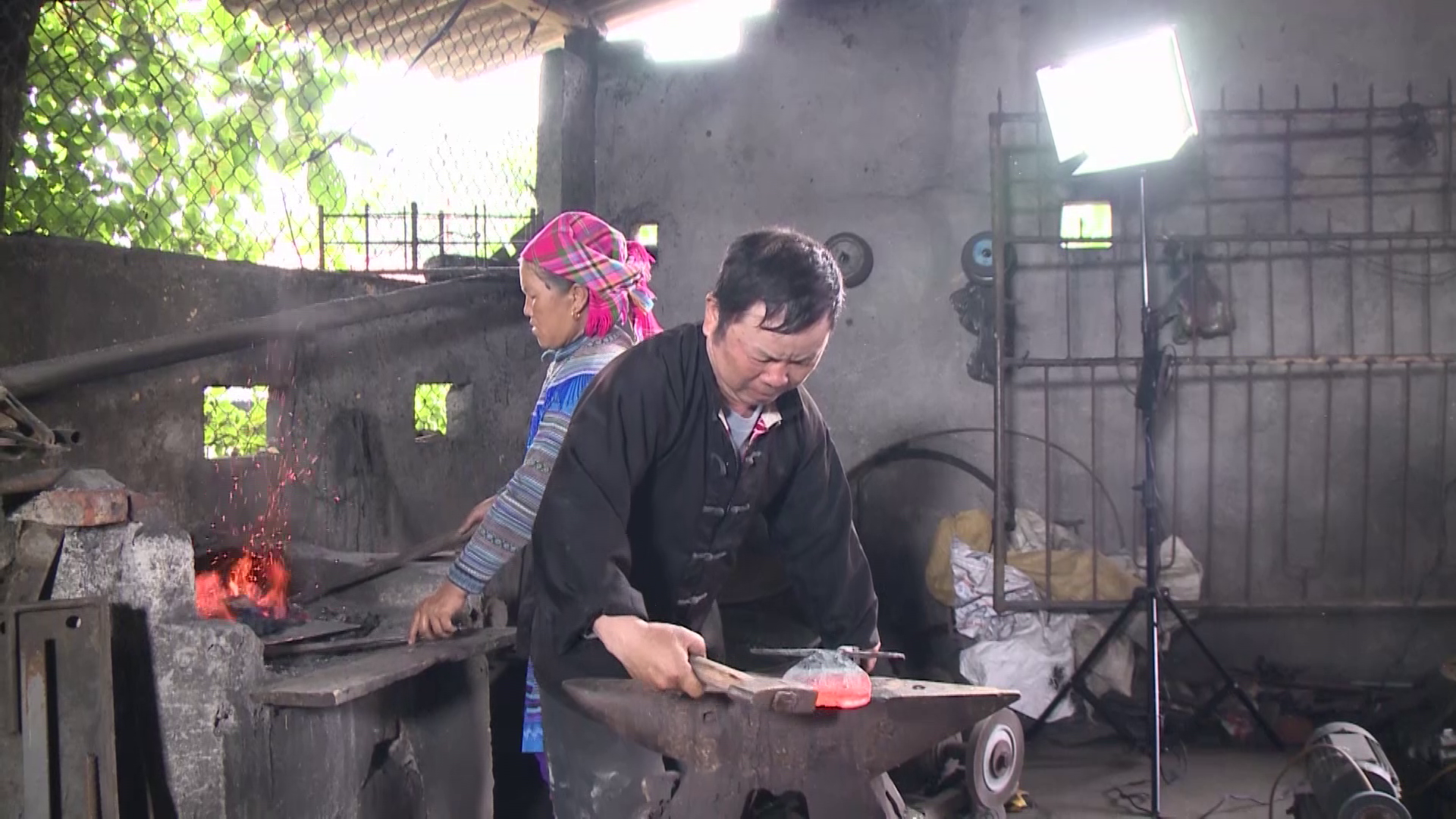
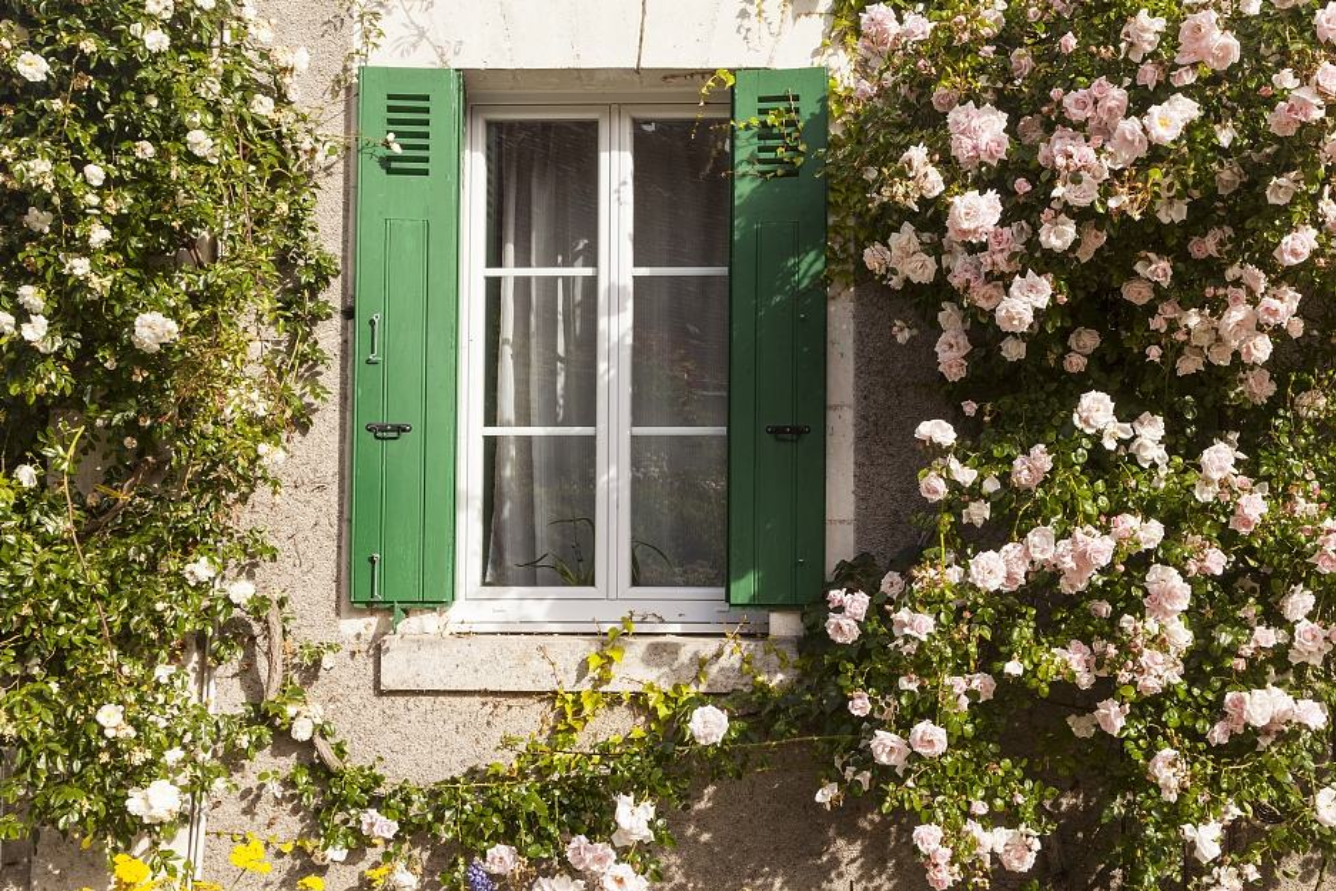


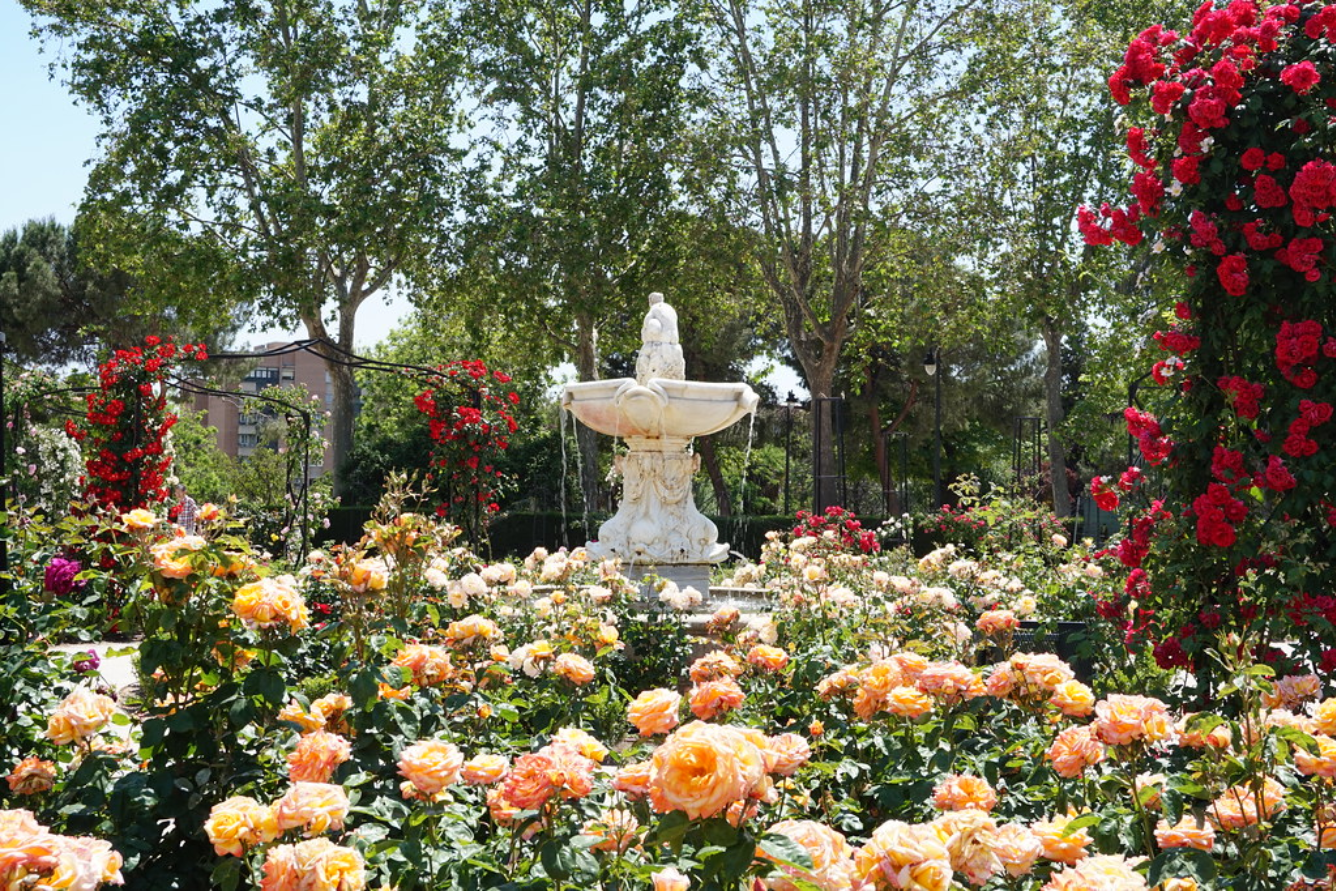







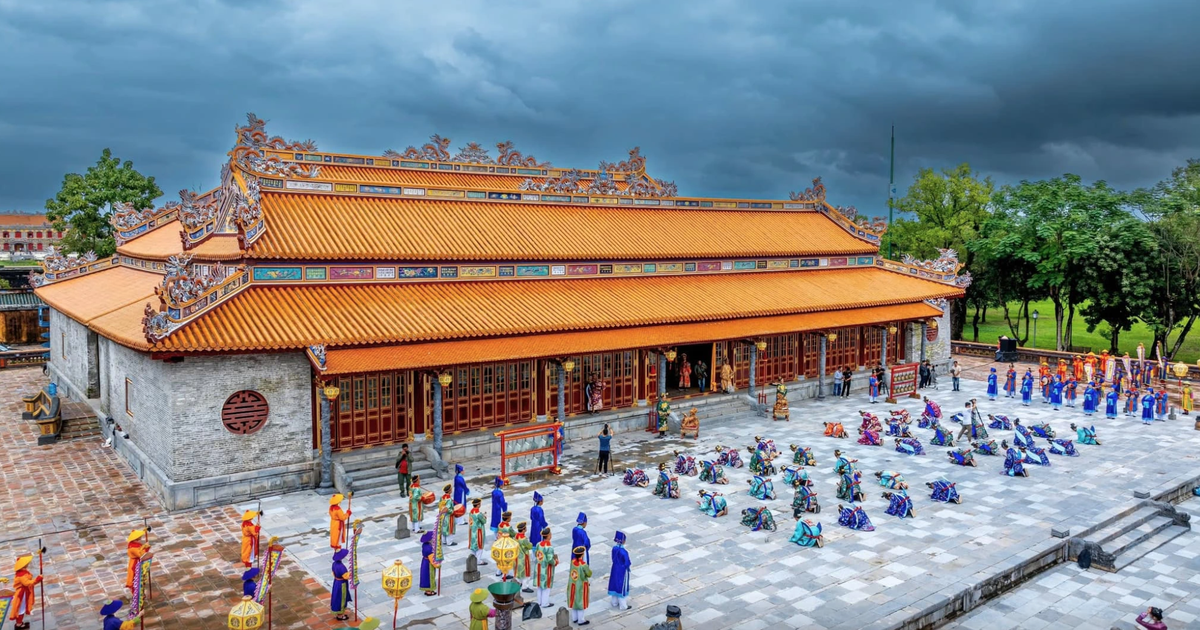















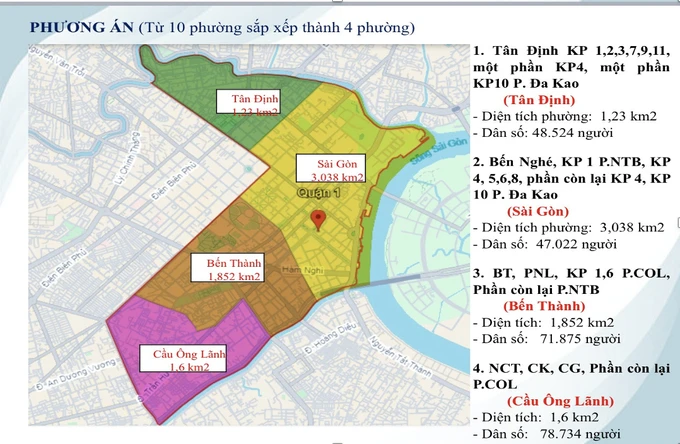



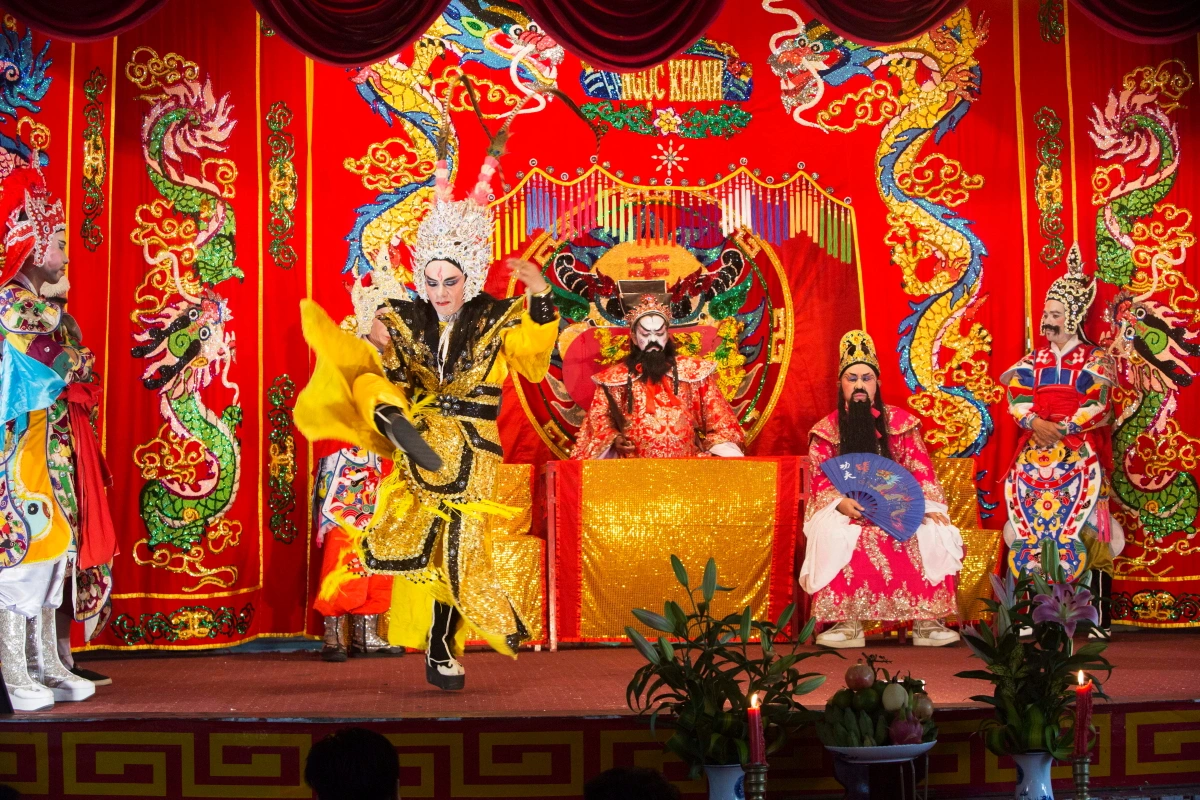








































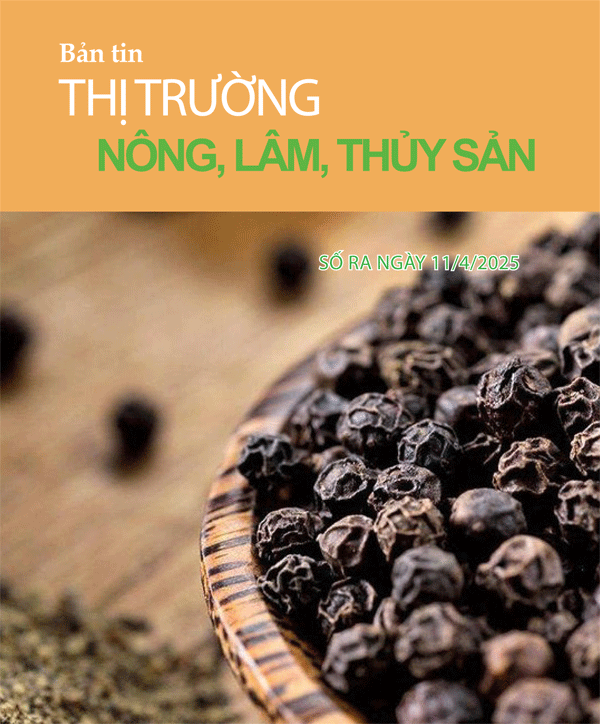

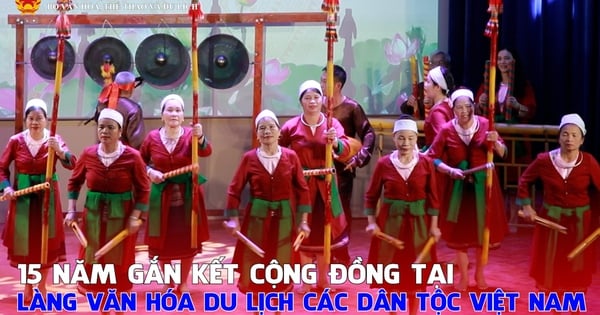



















Comment (0)